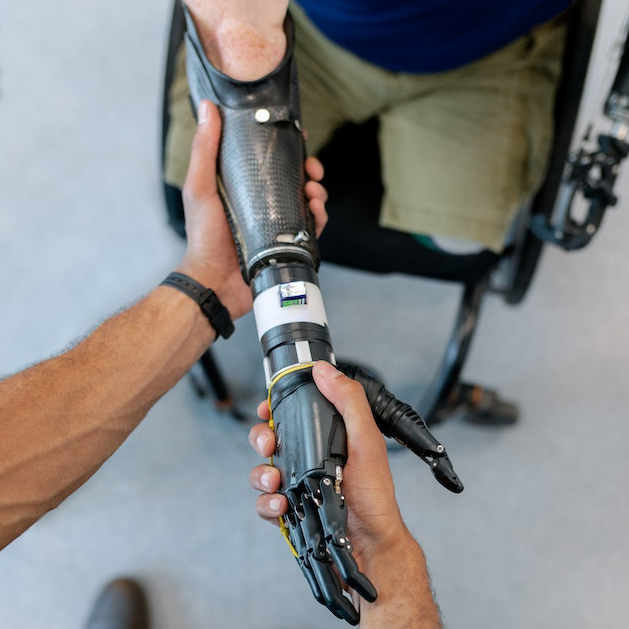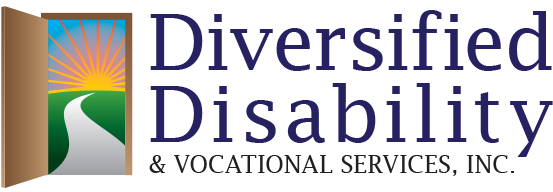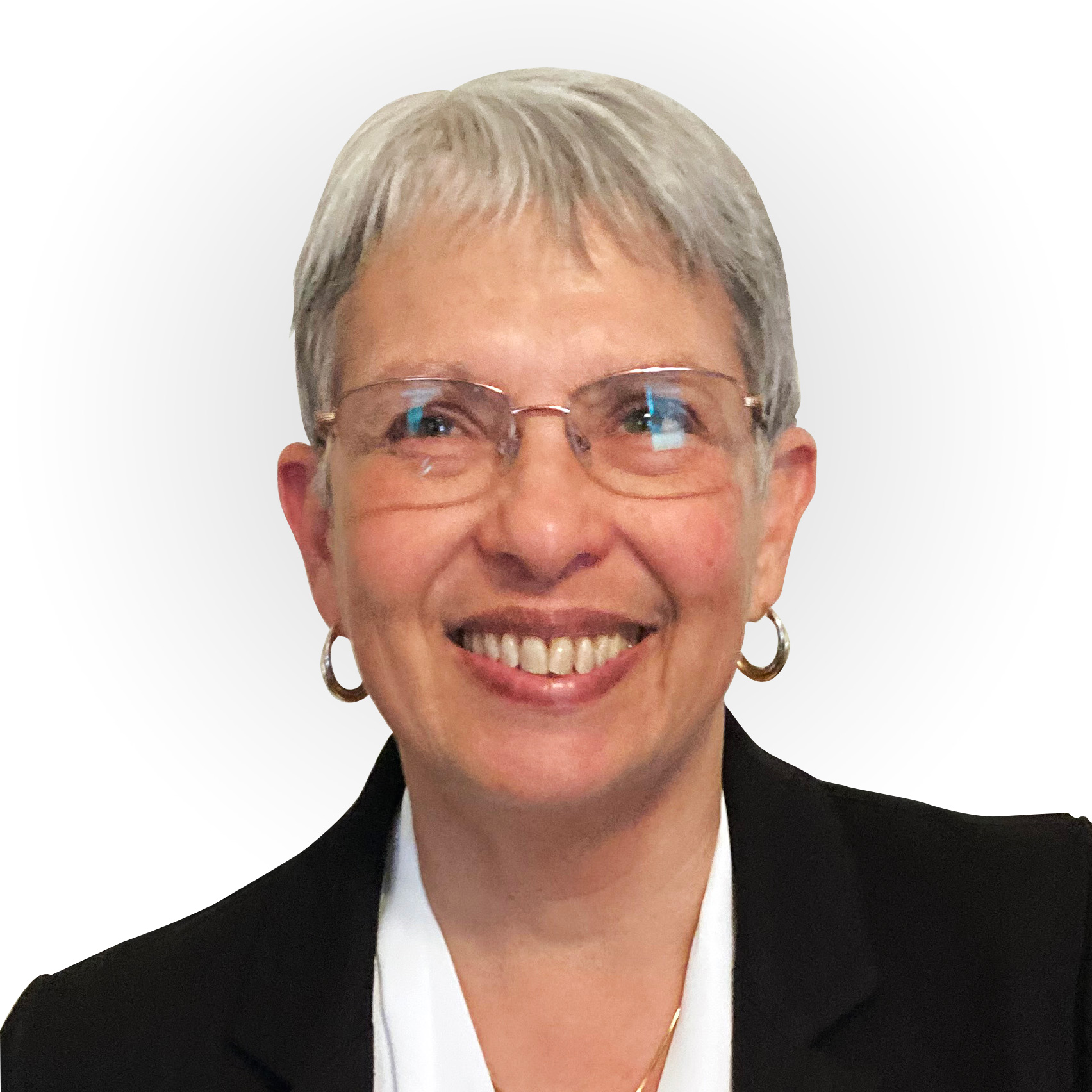About Diversified Disability
About Diversified Disability
Sherry Kristal-Turetzky
As a vocational counselor, I have worked with people with a wide range of abilities and disabilities to facilitate their entry or re-entry into the competitive labor market.
Disability conditions may be visible or invisible. Even those conditions that are invisible, may still present barriers to becoming successfully employed and maintaining employment and or entering into and successfully graduating from higher education. Vocational counselors work with every type of disability, including behavioral and emotional disabilities, disabilities caused by accidents, and those resulting from medical conditions such as muscular dystrophy, cerebral palsy, as well as intellectual and developmental disabilities.
That’s where I can help.
I am a certified rehabilitation counselor (CRC), licensed professional counselor (LPC), certified case manager (CCM), nationally certified counselor (NCC) and a certified Work Incentive Practitioner (WIP-C).
I maintain my certifications and licenses through ongoing continuing education.
Throughout the years I have worked extensively with adults, ages 18 and up to enter or re-enter the competitive workplace with or without accommodations. I have worked with different referral sources to include the realm of Workers’ Compensation in different states, federal Workers’ Compensation (Office of Workers’ Compensation Programs), and long-term disability programs for the purpose of helping individuals with disabilities with the process of re-entering the workplace. Additionally, for more than a decade I also facilitated employability workshops offered through the Free Library of Philadelphia.
Sherry Kristal-Turetzky, M.Ed., LPC, CRC, CCM, NCC, WIP-C
I am a member of the American Dream Employment Network for Social Security Administration’s (SSA) Ticket to Work Program (TTW). I also work contractually with the Social Security Administration as an impartial and objective vocational expert during adjudication hearings.
My education includes a Bachelor’s degree in Psychology and Master’s degree in Community/ Rehabilitation Counseling from Temple University in Philadelphia, PA.
I began my career in community mental health and subsequently transitioned into the field of private sector vocational rehabilitation.
My Philosophy About Barriers to Employment
Oftentimes what we see is “dis” ability or lack thereof, rather than identifying the talents and skills the individual has to offer an employer either as a new employee or following a work injury or non-work-related illness or injury.
There are different definitions of disability—legal, medical, sociological.

Legal Definition of “Disability”
The ADA (Americans with Disabilities Act) provides the legal definition. An individual is considered to have a “disability” if s/he has a physical or mental impairment that substantially limits a major life activity, has a record of such an impairment, or is regarded as having such an impairment. Persons with a known association or relationship with an individual with a disability also are protected from discrimination.

Medical Definition of “Disability”
The medical model of disability is all about what a person cannot do.
Physicians often provide a list of restrictions and limitations indicating what functions an individual can and cannot do.

Social Definition of “Disability”
The social model views ‘disability’ as “the result of the interaction between people living with impairments and an environment filled with physical, attitudinal, communication and social barriers. This viewpoint implies that the physical, attitudinal, communication and social environment must change to enable people living with impairments to participate in society on an equal basis with others.”*
The social model challenges the physical, attitudinal, communication and social environment to accommodate impairment as an expected incident of human diversity.
Each definition has its’ place. ADA is the law of the land guiding employers with 15 or more employees and guiding vocational counselors in their efforts to provide job placement services to individuals with disabilities.
Physicians provide guidelines as to maximum capabilities which serve as a guide to working with individuals with disabilities for entering/re-entering the workplace and or higher education.
The social perspective is the one that guides my approach to all individuals with whom I work.
*Source: The United Nations Convention on the Rights of Persons with Disabilities (CRPD)

